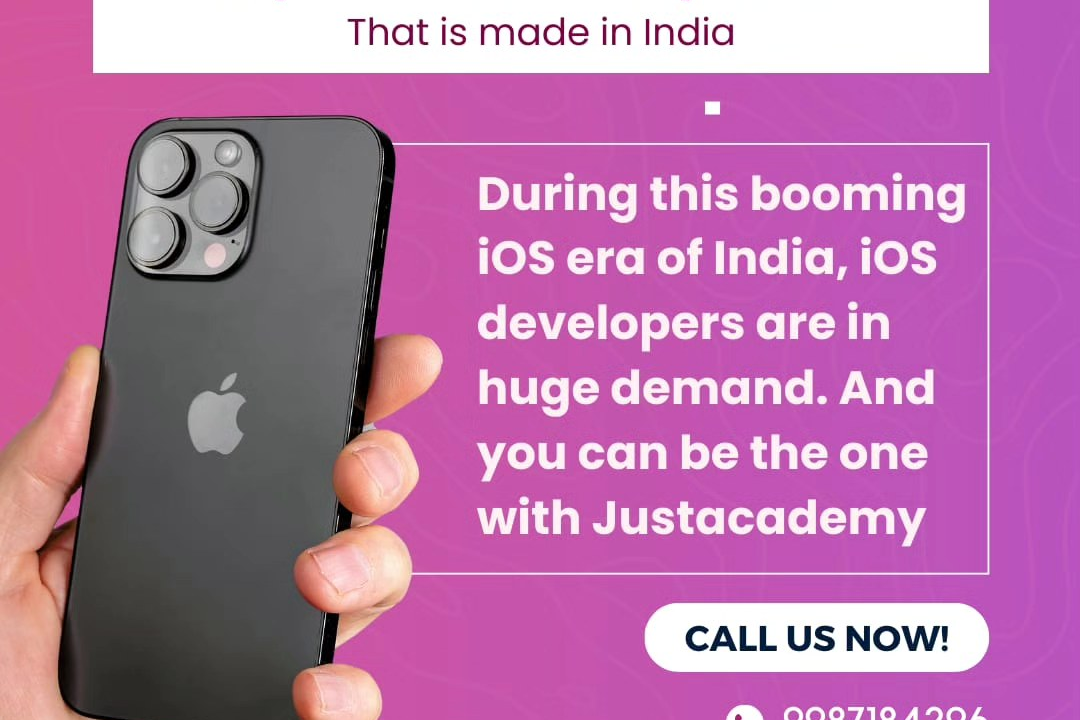Flutter Performance Optimization Practices
Enhancing Flutter Performance: Best Optimization Practices
Flutter Performance Optimization Practices
Flutter performance optimization involves several key practices aimed at enhancing app responsiveness and fluidity. First, reducing widget rebuilds by employing the `const` constructor for immutable widgets and using `StatefulWidget` efficiently can minimize unnecessary rendering. Utilizing the `ListView.builder` or `GridView.builder` for large lists ensures only visible items are built, conserving resources. Employing the Flutter DevTools, developers can analyze the performance of their app, identifying performance bottlenecks and optimizing rendering processes. Furthermore, optimizing images by using appropriate formats and sizes, leveraging lazy loading, and ensuring smooth animations with `AnimatedBuilder` or `AnimationController` together with proper thread management via Isolates for heavy computations also contribute significantly to improving overall app performance.
To Download Our Brochure: https://www.justacademy.co/download-brochure-for-free
Message us for more information: +91 9987184296
1 - Use const Constructors: When widgets are immutable, using `const` constructors allows Flutter to reuse instances, reducing the need for rebuilding the widget tree.
2) Avoid Rebuilding Unnecessary Widgets: Use the `const` keyword or `StatefulWidget` where appropriate to prevent child widgets from rebuilding when their parent does.
3) Utilize the Flutter DevTools: Leverage the performance tools available in Flutter DevTools to profile your app and identify performance bottlenecks, such as frame rendering times.
4) Limit Overdraw: Minimize the number of overlapping widgets and transparent elements that the GPU has to draw to reduce overdraw and improve rendering performance.
5) Use ListView and Scrollable Widgets: For displaying long lists of items, use `ListView`, `GridView`, or similar widget that lazily loads items to minimize memory usage and improve scrolling performance.
6) Cache Images Efficiently: Implement caching for images (e.g., using the `cached_network_image` package) to reduce loading times and improve performance when displaying images.
7) Optimize Asset Sizes: Use optimized image formats and compress images to reduce app size and improve loading times. Tools like ImageMagick can help with this.
8) Implement Lazy Loading: For expensive computations or large data sets, use lazy loading techniques to load data only when needed, rather than all at once.
9) Profile and Optimize the Build Method: Avoid complex logic in the `build` method; instead, separate logic into smaller widget methods or use `ValueNotifier` and `ChangeNotifier` for state management.
10) Use Defer Loading for Non Essential Resources: Load resources like images or heavy data only when they are actually needed, instead of at the start of the app.
11) Batch Updates to the UI: Use `setState` judiciously; batch updates to the state to reduce the number of times the UI is rebuilt.
12) Minimize Use of Global Keys: Avoid using Global Keys unless absolutely necessary, as they can introduce overhead and potential performance issues.
13) Use the Proper Animation Techniques: Rather than using heavy animations or transitions, use implicit animations for more lightweight changes that perform better.
14) Limit the Use of the “async/await” in UI Context: Avoid heavy asynchronous operations in the UI thread; use isolates or background compute to handle heavy computations.
15) Optimize Network Calls: Reduce the number and size of network calls by using efficient data fetching strategies such as pagination, and ensure that API responses are optimized in format and size.
These practices will not only enhance the performance of Flutter applications but also help students understand effective Flutter development techniques.
Browse our course links : https://www.justacademy.co/all-courses
To Join our FREE DEMO Session: Click Here
Contact Us for more info:
PMP fees
Flutter training in Barmer
Best Software Training Institutes In Hyderabad
Android Developer Programs Palnadu
Java For Healthcare Applications Mumbai











